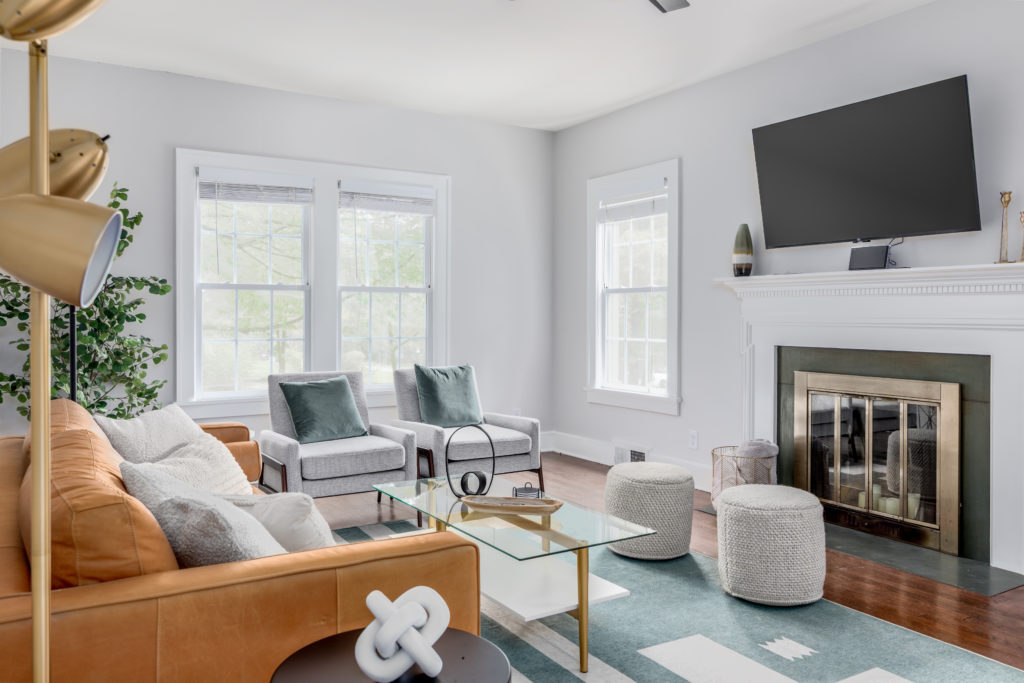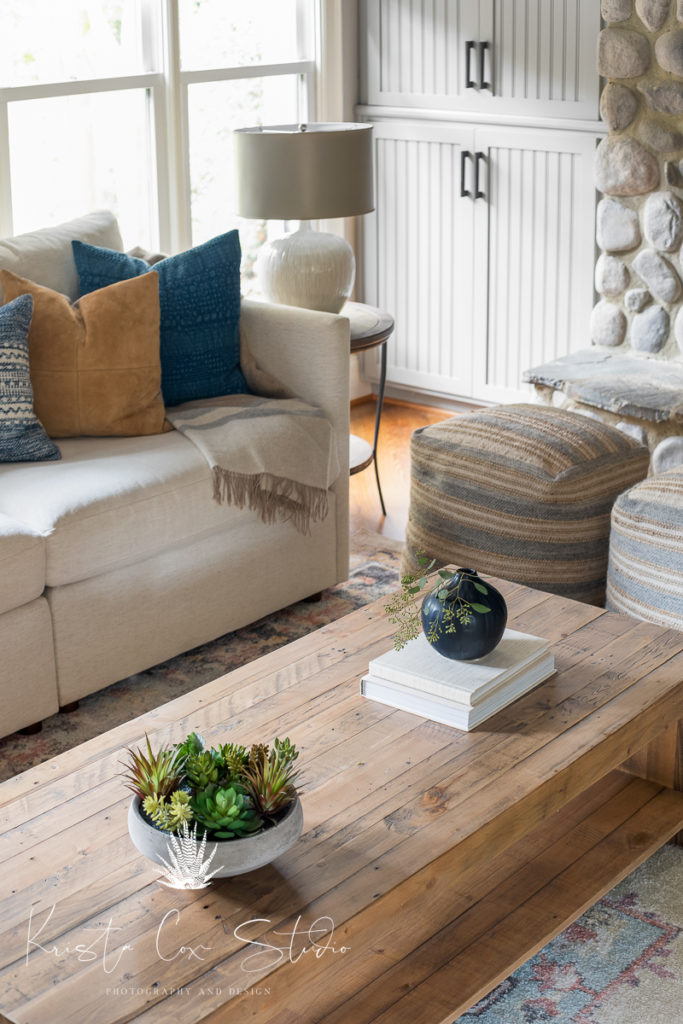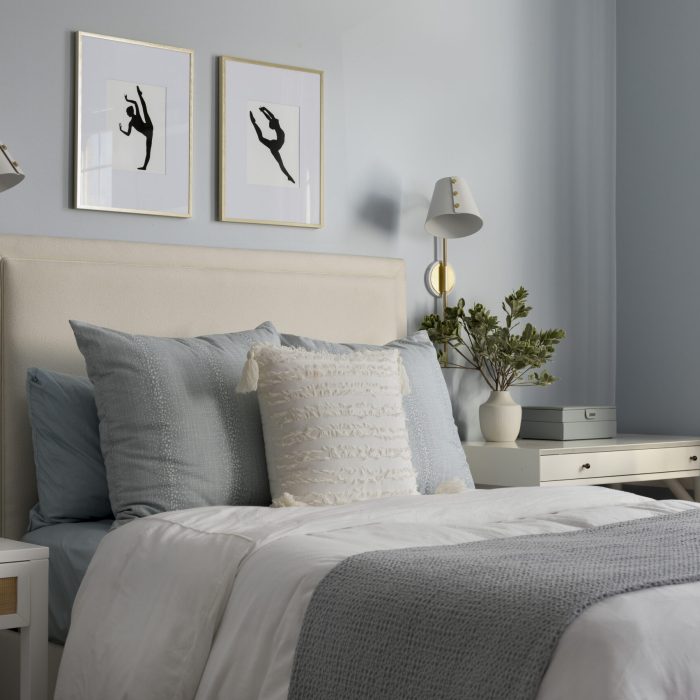
Interior Photography in Charlotte, NC
I was recently commissioned by Jennifer Morrell with An Inspiring Home to photograph her latest interior design project down in Waxhaw, NC (just out of
FILED UNDER
POSTED ON
[convertkit form=977203]
Hiya friend! I am so glad that you are here with me on the KCS Blog where we talk about all things photography & design. Today, I am outlining the need-to-knows of starting a photography business and I’m especially excited to address the one key element that no one ever tells you… Enjoy!
When I initially decided to create and run my very own business, I was overwhelmed with camera selections and equipment lists. But there was one thing that no photographers ever mentioned. How to get your business license! I was not entirely sure of the process to obtain one and honestly had tons of questions. All I wanted to do was get started on my dream but I knew I needed answers to questions like, “What paperwork do I have to file?”; “Where do I go to get my EIN number for the IRS?”; “Do I have to wait for this before I can even get started?”; “Will I have to file every single time we move?” (#milspouselife) and I knew that there had to be specific protocol to follow (gotta keep it kosher here, folks!), but I found myself frustrated to discover that advise on how to accomplish this perceived mountain of a task was like searching for the Arkenstone (currently reading The Hobbit…not sorry)!! But let me tell you what I discovered… this “mountain” was incredibly easy to climb and I am SO glad that I started with it.
Now it may take a bit of digging and “boring” research but trust me when I say just do it. I’ll be doing a post later on with the steps I had to take to get legal (so be sure you’re on my email list to get notified of that) but start here for the basics and take it one bite at a time.
Maybe your sitting here with me thinking, “Why do I need this?”. Friend, I am so glad you asked. In addition to following to proper protocol, having a business license tells your community that you are serious about you’re doing what you are doing.
*Ready to start the process but, like me, not sure where to begin? Check out the SBA’s 10 steps to start your business.
Obviously, in order to be a photographer, you are going to need a camera! I adore my Canon 5D Mark IV. It meets all of my business needs and I really enjoy using it. I knew from the beginning that in addition to portrait photography, architectural photography was on my list of “must try” so that helped me to narrow my search to cameras that had full-frame sensors. Choosing a camera ultimately comes down to a combination of personal preference (we like what we like), budget (this one is how much?!), and intention of use (portrait, architecture, real-estate, etc). Keep in mind that the camera that works for you may not be the same that works for every other photographer (where are my Nikon lovers at?), and that is okay! It is also important to note that you do NOT have to fork out buckets of money to get a great camera.
*What camera best suits you? Take my quiz to find out!
Most entry level cameras will come with a kit lens (typically 18-55mm) which is great, but eventually you will want to look at upgrading. Upgrading your lenses will depend on a few things so you will want to be clear on your intended use before beginning to research the best lens for you. For example, say you have discovered a love for sports photography but your subjects are often tiny (because it isn’t like you can just walk out onto the basketball court to catch that slam dunk…). You may want to look at investing into a zoom lens. This is just one of many possible scenarios to consider when searching for new lenses. The good news is that if you are not completely sold on which lens to buy, there are rentals available! This may be more costly than choosing a lens and purchasing it outright, however, it will allow you to “try before you buy” and decide if it is truly worth the investment.
This piece of equipment really does not need to be anything fancy but will depend heavily on the way you plan to use it. If you plan to dive into event photography, like weddings, you will want to consider a decent flash because you will be needing to light entire rooms whereas if you intend to use a flash in your own studio, like for newborn photos, you probably only need a small flash.
*For multiple off camera flashes make sure to purchase a transmitter so the flashes can talk to each other and work together from across the room.
Real talk… you may very well be good enough to snap a photo and have all of your settings just right to achieve a beautiful image, but that doesn’t mean that you will not want to spruce it up before it receives its permanent place in a magazine or on someone’s wall. That said, you will want to familiarize yourself with some editing software and there are all sorts of options available; however, the big names are Adobe Lightroom & Adobe Photoshop. Many Adobe Creative Cloud applications do require a subscription, but if you are like me and really do not want to pay for a subscription (although, I have one now lol) check out eBay for an outdated version of either!
*Click here to learn more about Adobe products.
You’ve now heard me use the words “intention/intended” many times now and there is a reason for that. Owning your own business makes you President, VP, CEO, CFO, GM, etc. of the company meaning YOU create your policy, YOU dictate/enforce hours of operation, YOU generate/adhere to a budget, YOU set the pricing, and ultimately YOU formulate the business plan. Isn’t that liberating?! YOU are the boss (*celebratory dance party*)!!! Therefore, I strongly advise you to outline a process for the way you want to do business through a contract and from there determine how you want to deliver images to clientele.
Most importantly, the thing you absolutely have to to get your business started is… START IT!!! Don’t fret about all of the little details. Things will fall into place as you need them. (seriously we are all jut making it up as we go). Remember this: “70% of a good plan today is way better than 100% of a perfect plan tomorrow”.
Share this post
meet krista
I’m a Jesus loving mom of two with an eye for beautiful things. When I was a kid, I always wanted to grow up to “make things” and that’s exactly what I did.
I started out as an interior designer with a side passion for
photography. Over time, I began to find more and more joy from my work behind the camera. Once I made the jump full time, there was no turning
back.
I now have a team of photographers that work with Real Estate Agents, Interior Designers, and Builders creating internet worthy media while also sharing with others how I do it!
search the site
featured posts
post categories
Free Resources

I was recently commissioned by Jennifer Morrell with An Inspiring Home to photograph her latest interior design project down in Waxhaw, NC (just out of

I am beyond excited to start seeing new architectural styles reaching my area, especially when I get to photograph them! Here we have a stunning

The Farriss House Airbnb in High Point, NC is a gorgeous mid-century modern getaway. I had so much fun with this photoshoot!

Located in the beautiful Waxhaw, NC (Southern end of Charlotte) this space designed by Jennifer Morrell with An Inspiring Home is utterly breath taking. As
stagnate photos linked to instagram

Never miss a thing!
Enter your email below to follow my journey through interior and real estate photography!
© 2024 KRISTA COX STUDIO | ALL RIGHTS RESERVED